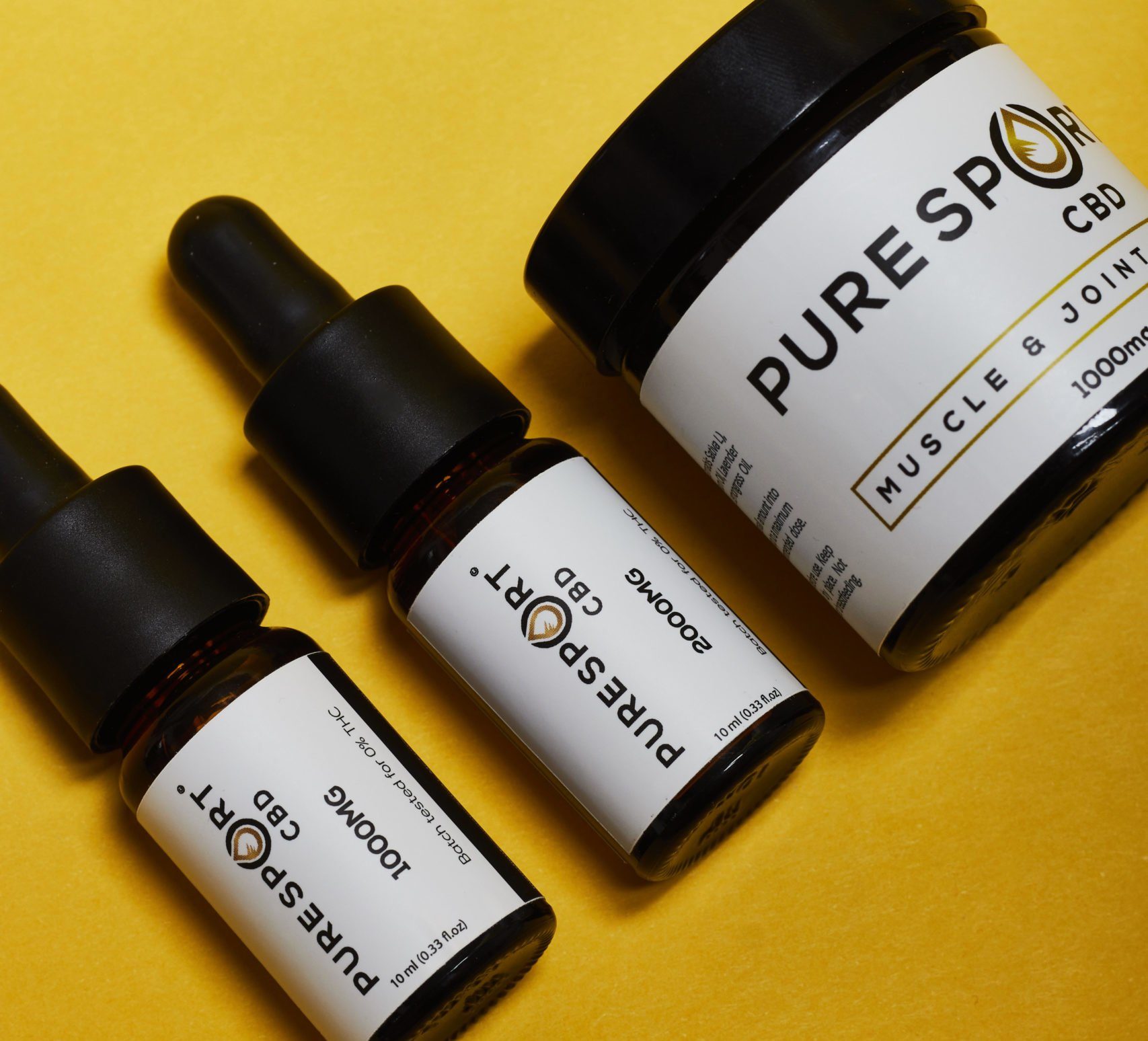Find Relief with Structure
We’ve all been there – those moments when you feel the low “lows” for no reason or that burning sensation stemming from the inner depths of your stomach. Your mate probably gave you an Ambien and told you to walk it off, but it never seems to go away.
Well, what you are probably experiencing is depression or anxiety. The two are actually classified as serious medical conditions, and if left untreated, they can cause lifelong suffering and pain.
Part of this treatment often involves taking anti-depressants. Some people choose to turn to unhealthy amounts of junk such as crappy food, booze, or drugs to feel good. Which obviously isn’t the best long term plan. But there is another alternative; exercise for anxiety. It has been proven that setting realistic goals, exercise, and nutrition can be effective in diminishing symptoms relating to anxiety and depression.
You don’t believe it? Let’s take a look at how this is possible.

Studies on Exercise for Anxiety
The correlation between exercise for anxiety and mental health is not a new phenomenon. In fact, studies go as far back as the 1980s, whereby research saw a positive connection between the two.
Over the span of 10 years, data collected from surveys, including 56,000 participants, showed that physical activity positively resulted in good mental health. In this case, mental health refers to a general sense of well-being, a positive mood, and reduced depression and mental health symptoms.
According to Harvard, high-intensity exercises spur the body to release feel-good chemicals called endorphins. This is what you’ll commonly see being referred to as the runner’s high. But for a more prolonged effect, what you want to practice is low-intensity exercises performed consistently over time.
In this case, the body releases proteins known as neurotrophic factors. These growth factors prompt the growth of new nerve cells, which make new connections in your brain. The improvement in your brain functionality is what makes you feel better.
Scientists discovered that the Hippocampus area in the brain, the region responsible for mood regulation, is smaller in people with depression. Through exercise and the resulting nerve cell growth in that region, cell connections are improved, therefore relieving depression. The exercise is also equally as effective for treating anxiety as it relieves stress and tension.
Other than an improved sense of well-being, a few other things you can expect include:
- Increased energy levels
- Improvement in sleep
- Increase in self-esteem and self-esteem
- The exercise regimen will also distract you from rumination or worries

Realistic Goals You Can Practice When Exercising!
Starting off anything new can be an uphill task for anyone; it’s even more so when exercising to combat mental health issues. In this case, exercise for anxiety must be approached with realistic goals in mind. As we’ve seen, high intensity or vigorous workouts are not the way to go. For long term results, we suggest you:
- Start with small 30-minute moderate-intensity exercises. Do it as frequently as possible, preferably on all days of the week. A good example would be brisk walking, where it would be easy to notice a change in heart and breathing rate.
- Break down the exercise into short sessions. For instance, you don’t have to do the 30 minutes at once. Instead, split it into 10-minute exercises at a time.
- Be active in all your movements throughout the day. This can be in doing activities demanding physical movement that you’d otherwise not do—for example, taking the stairs instead of the lift.
- For the more severe and melancholic depression, it is okay to combine the exercises with your other treatment, like psychotherapy and medication
- If you experience depression or lack of energy in morning hours, try and do the exercises immediately after out get out of bed.
- You can do it with other people for more motivation and support.
These protocols can drastically improve your mental state and sense of well-being. Exercise for Anxiety is often overlooked but can be a powerful tool.

Challenges often Related to Exercise for Anxiety Relief
Just like any other energy-demanding activity, the main challenge is usually getting started. However, it is worse with depression because the illness manifests itself in ways that physically drain a person.
You experience symptoms such as disturbed sleep, body aches, changes in appetite, and even an increase in your perception of pain. Overall, this results in reduced energy levels and low motivation to exercise. The cycle is quite hard to overcome.
Ideally, you want to start by pushing yourself to make the first step. Begin slowly by doing low periods of engaging activities like walking and running, and gradually increase the time you go by. 10 minutes will eventually become 20, and 20 minutes will become 30.
How Long Before You Get Results?
Researchers claim that doing exercises for about 150 minutes each week can help alleviate symptoms of mental health. However, much as we’d like to encourage you with a specific time frame, in truth, the answer is quite relative. You have to keep in mind that we are all different, and therefore our bodies react differently to stimuli.
That said, there is no definite period or intensity of workout you can do before nerve cells start growing or your symptoms get alleviated. But overall, if you maintain consistency, you should start noticing improvements after a few weeks.
Remember that exercise treatment is not a one-time fix. It is a long-term kind of treatment that you need to keep at. You are advised to choose a routine that you actually like and can therefore keep doing.

Nutrition, Depression and Anxiety: How they All Relate
According to studies, what you eat affects your brain’s structure, therefore, ultimately changing how you feel. But just like a car, the brain performs optimally when it is fed premium fuel.
In this case, it means eating healthy foods containing lots of minerals, vitamins, and antioxidants. These are what nourish the brain and get rid of oxidative stress that comes about when the body is burning oxygen.
Quality nutrition can do wonders in relieving the symptoms of depression and anxiety. Studies show that foods containing high refined sugars caused impaired brain function and worsened symptoms of mental health disorders like depression.
So What Is The Recommended Diet For Good Nutrition, You Ask?
Well, scientists recommend a diet full of things such as vegetables, fish, seafood, and unprocessed grains. Since most of the unprocessed foods are fermented, they act as natural probiotics. Try and limit any lean meats or dairy to modest amounts. You also want to veer away from sugars and processed or refined foods.

Realistic Goals When Adapting a Nutritious Diet?
If you are already used to the western dietary pattern, then you probably knee-deep in junk and processed foods. Do we know what you are thinking? Does this mean you have to part with the McDonalds and the juicy subways? Well, the difficult answer is yes. And if the idea of juicy subways was enough to water the mouth, you will probably go through some level of struggle to overcome the urge.
However, you don’t have to dive straight into the deep end. You can start off slow. One trick is not to think about how what you are eating makes you feel in the moment, but how it will affect you the day after. You can try the clean diet for about two weeks, cutting out any small amounts of sugar or processed foods. Check how you feel then. Afterward, you can start introducing healthy foods into your diet and check how you feel.
You’ll start noticing improvements both on a physical and emotional level.
Takeaway
Mental illness can weigh heavy on any person, and if you are reading this, you’ve probably decided to try and turn it around. Keep in mind that the only thing preventing you from being a strong, healthy version of yourself is your beliefs. Whether it’s a change in diet or exercise for Anxiety, the first step is always the hardest, and once you overcome it, you’ll start noticing results in no time.“A thousand mile journey begins with a single step.” – Lao Tzu







